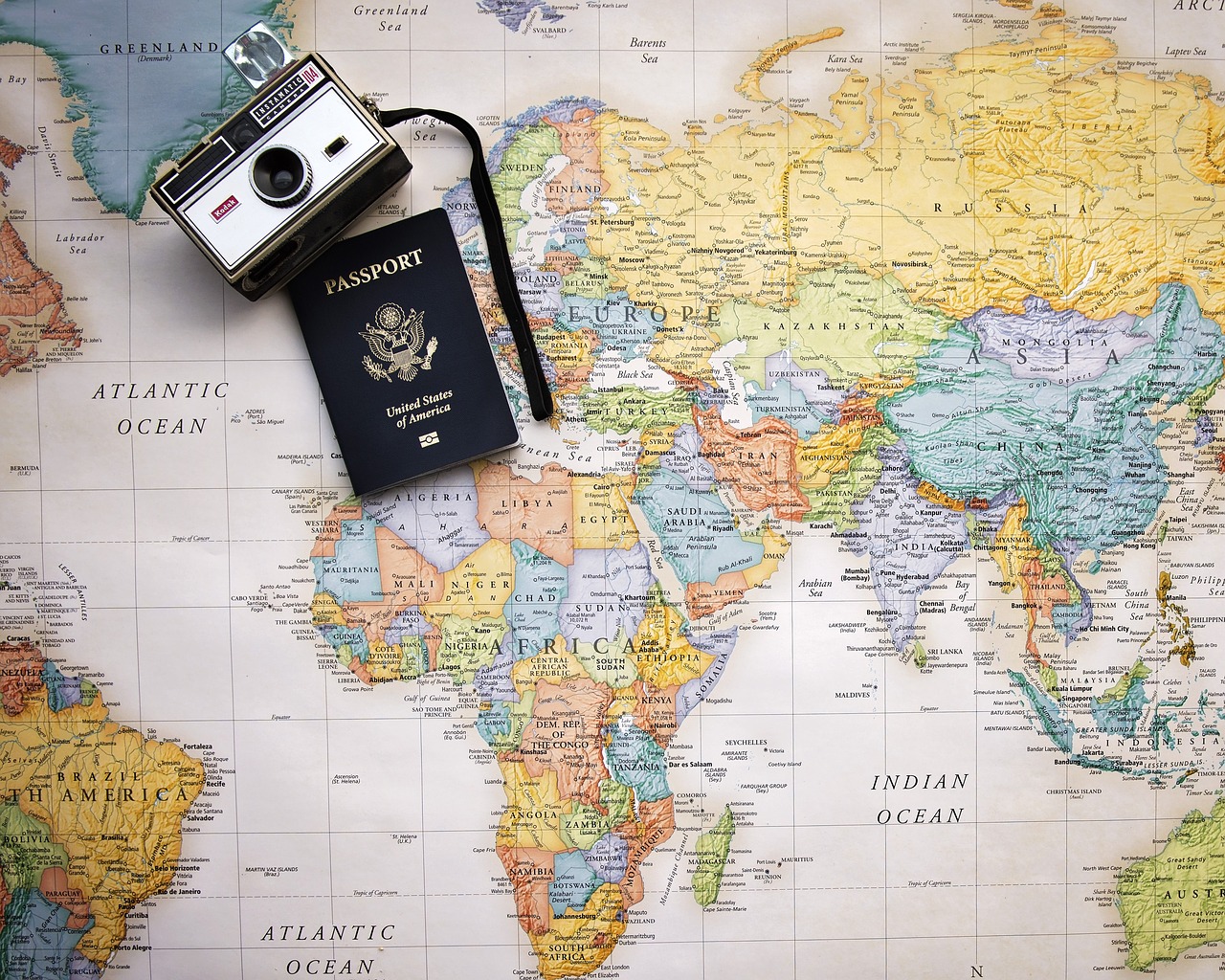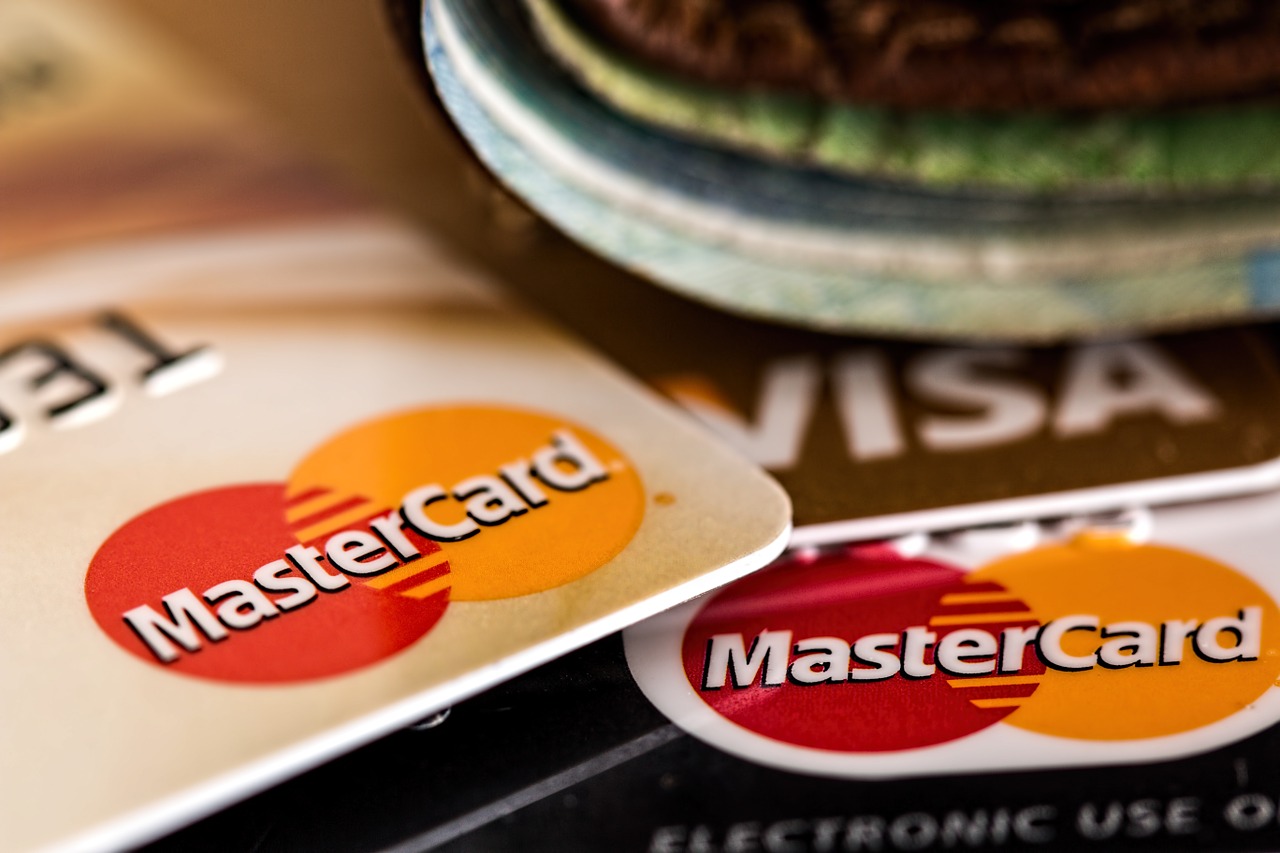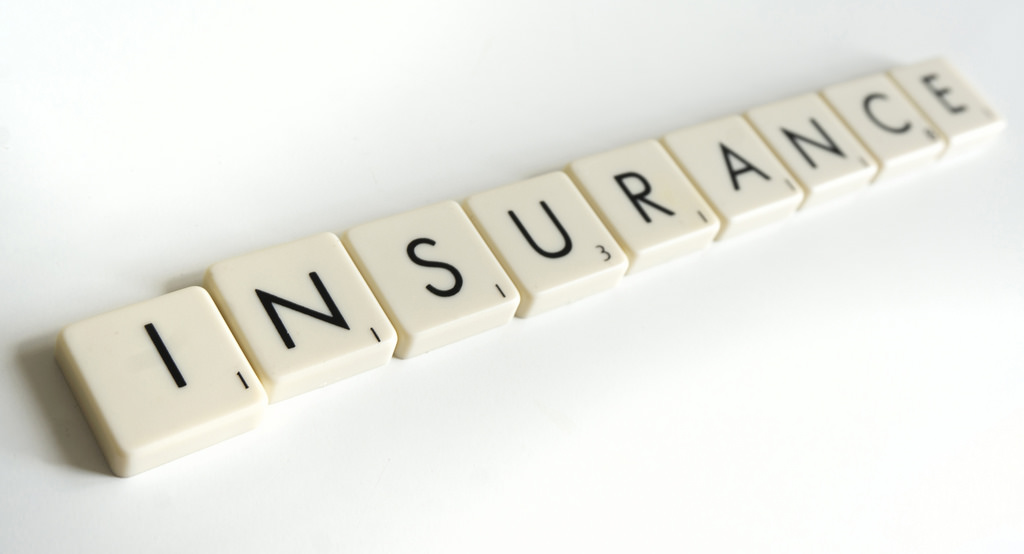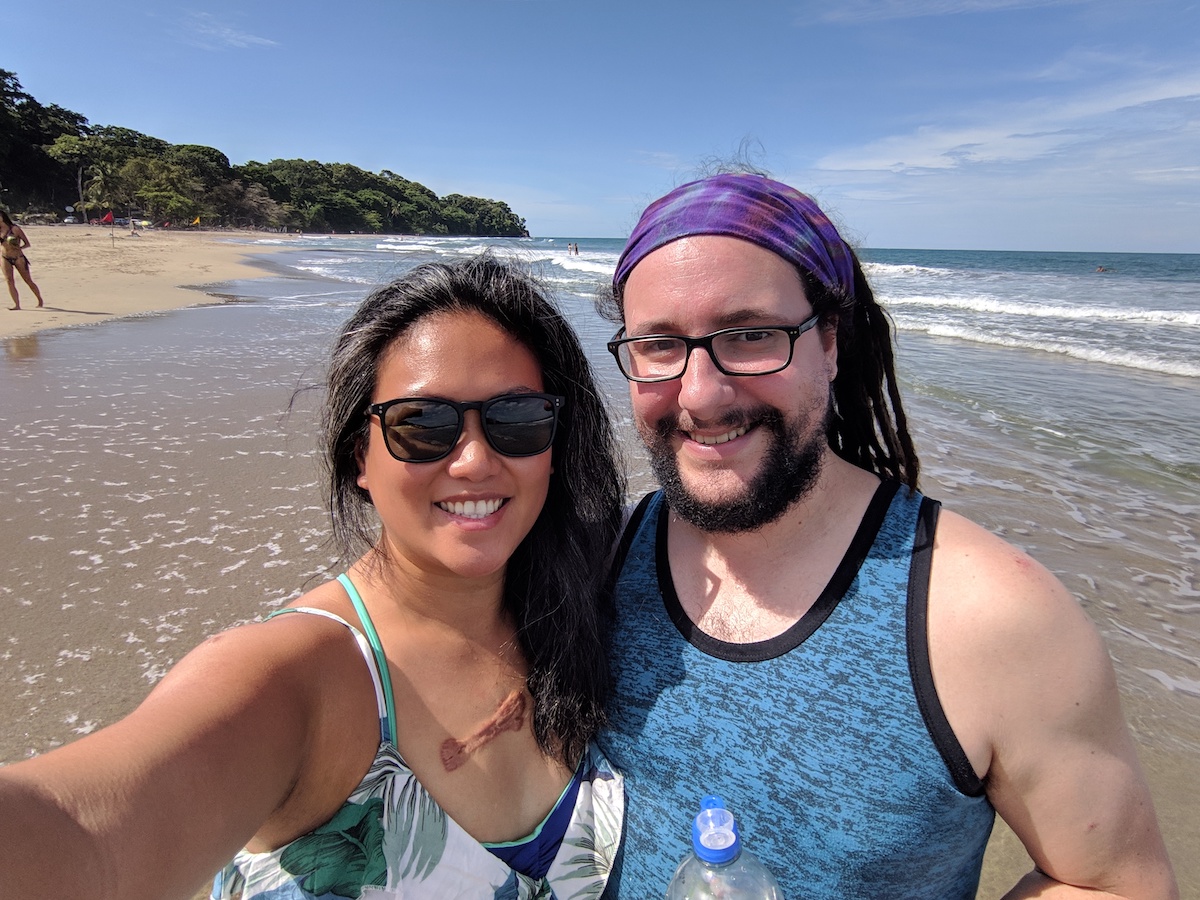Traveling abroad is an experience that is always different each time, although we learn to almost plan better than the last trip. Its uncertainty can be really daunting no matter how many times you have done it.
There’s no doubt that you have to prepare a lot of things before venturing into a journey overseas. There are simply endless scenarios that you might encounter and should be prepared for. Without a plan or list, you might end up forgetting some of the most important things that will make your trip run smoothly.
To help you keep things in order, I have created a checklist that will help you prepare for a safe and no-fuss travel. Bookmark this list so that you can refer to it in the future. I hope my tips help you plan for the best vacation yet!
Documents
The most obvious and the most important thing that you need to be prepared with and have access to at all times when travel abroad is your documents. This includes your passport, travel visa, boarding passes, etc. They are crucial for not only your flight and getting through the airport, but they’re also crucial to traveling on land between countries as well. They can act like ID cards and help you get out of any problems if you ever land in one. I would also recommend that you keep a photocopy of them in every luggage bag as a precaution. If there happens to be theft or loss, the copies will help when you need to contact the embassy to get documents replaced.

Luggage and Packing
Having to make a decision about what you need to pack and what you need to leave is probably the most difficult part about traveling. The best way you can make this process less painful is that you can research the weather of the place where you are going and then pack only the clothes that you know you will wear. Consider mix and matching different pieces and repeating outfits. Doing laundry while traveling is also a good option for keeping your travel load light.
Make sure to have a list for all the things that you need to pack so that you do not leave necessities behind or have to buy it abroad. Some essentials that I would recommend aside from clothing are a first aid kit, any allergy or conditional medicine, an umbrella/rain poncho, writing utensils, and a notepad. If you are taking a camera along, don’t forget the charger and memory card.
Pro Tip: Travel with just one bag to avoid wasting time and money in the check-in lane and waiting at baggage claim. Always check if checking bags costs extra. Consider using left luggage if it costs too much.
Bank/Cards
Another seemingly obvious thing, yet something that most people forget about till the eleventh hour are their bank cards. Before traveling anywhere, especially abroad, you need to go and talk to your bank and make arrangements to be able to use your cards while abroad. There would be nothing far worse than trying to use your card in a different country and have it declined. Hence, make it a point to visit your bank before checking in to the airport (not literally at that time though). I am able to set travel alerts on mobile apps for most of my credit cards.
Pro Tip: Make sure that you have credit/debit cards which don’t have foreign transaction fees (FTF) on them. FTFs are usually 2-3% per transaction.

Local Research
Research about your travel destination and make an itinerary for your travels. Look at how much things cost such as hotels, taxis, food, attractions, etc. Research the currency required, what the customs are in a particular country, and how to communicate with the locals. There are apps to help you learn helpful phrases and help plan your trips.
Be mindful that your plans may not always go 100% as planned, so make room for spontaneity and random experiences that add to the richness of traveling.
Cash
Prior to converting your dollars into foreign currency, do some research to determine how much you need to convert and if you even need to. If you’re traveling to urban areas, you most likely do not have to have cash on hand as most places will take debit and credit cards. If you are going to more rural areas, make sure you have cash on hand and carry it in a discreet way.
After you’d done your research and have a basic idea about how much you would need, contact your bank to inquire about conversion fees and rates. Knowing approximately what you need will also help you stay within your budget during a trip. Along with that, the cab drivers or the locals won’t be able to exploit you since you would know exactly what you are budgeting to spend.
Another bonus of converting money beforehand is that you won’t have to deal with varying exchange rates.
Travel and Healthcare Insurance
If you ever fall ill or get injured during your travel, travel and health insurance would cover all your medical expenses. It might seem unnecessary (especially for the new travelers) but I would strongly suggest you don’t skip this step. Being in a different country, you will be exposed to a completely different weather, transport conditions and food options that there are chances that you might need medical care, so, it is better if you are prepared for it.
In case you are traveling to a developing country or you have activities like trekking and adventure sports on your itinerary, the risk is higher and having a travel health insurance will definitely make sure you are covered in the event of an emergency.
At Love Eat Travel, we recommend the following insurance providers:

Mobile Plans
Decide ahead of time what mobile plan you’d like to use while abroad. I have friends that use Project Fi (does not work in all countries) and T-Mobile. If your phone is unlocked, opt for buying a SIM card when you arrive in that country. A lot of countries will offer data/phone services in the airport (they’re always more expensive). Do research ahead of time so that you know where to go for phone service when you arrive. There would be nothing worse than being in an unfamiliar environment, in a foreign country and not being able to connect with anybody, especially in an emergency.
If you have a short trip planned to a country to which you won’t even be returning to for a while, there is absolutely no point in spending extra money to get another number and having a whole new plan.
Electronics
Be smart when you are packing your electronic items. If you are already taking your phone and your laptop, there is no point in packing your tablet as well. Avoid having to carry extra electronics that perform similar functions. Also, make sure that you have an adaptor (universal or not) prior to arriving in a country and having to roam the town trying to find one.
Here’s a list of electronics I bring with me on all my trips:
- Laptop
- Smartphone
- Phone Charger
- Laptop Charger
- Tripod/Selfie Stick (great for solo travelers)
- USB Battery Pack
- Earphones
- Headlamp
So there you have it, the ultimate checklist for you before you travel abroad. I hope this helps in calming your nerves about the trip and its uncertainties, because you know with this almost every problem you can have will be solved.
If you are prospective student reading this, who is not just keen on visiting a dream country for travel but also on building a home over there with a paying job after having studied there for a while, you might find Post Study Work Visa and Immigration an intriguing read.

Join Alex and Larry on our journey, as we find love, eat great food, and travel to beautiful destinations. #weloveeattravel
